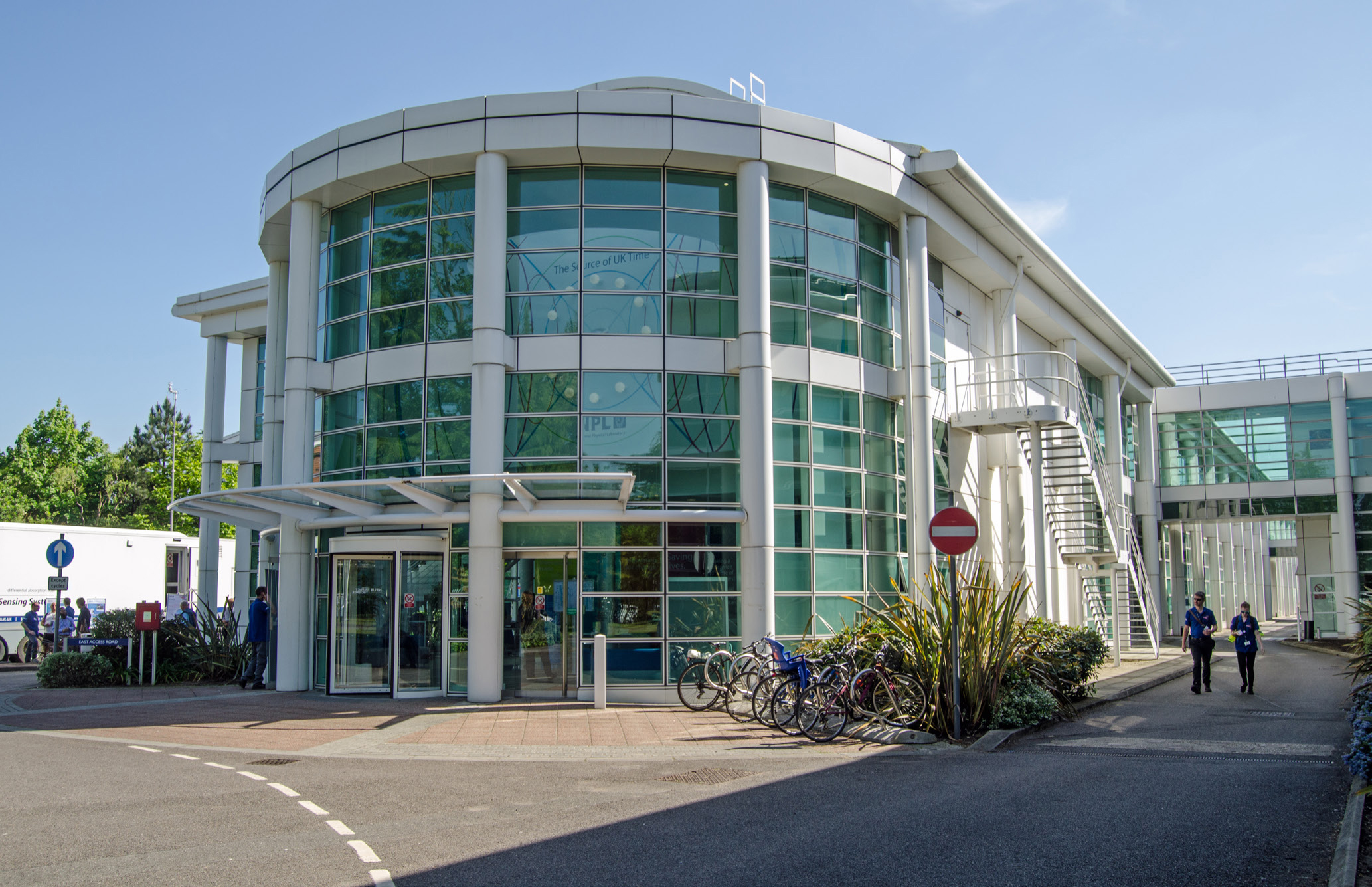FST JOURNAL
The Nurse Review
DOI: https://www.doi.org/10.53289/DSGA7698
Taking a wider, whole-system view
Dr Peter Thompson

Dr Peter Thompson FREng FInstP FRSC became Chief Executive Officer of the National Physical Laboratory in 2015. He and has led the laboratory’s development to align science, innovation and technology to the UK’s national challenges, while ensuring that NPL continues to be recognised as one of the world’s leading National Metrology Institutes. His previous roles include Deputy Chief Executive of the Defence Science and Technology Laboratory, Strategic Advisor to MOD’s Chief Scientific Adviser, and Head of the MoD’s Counter Terrorism, Science and Technology Centre.
This is a very busy time for research organisations. The Integrated Review sets out how science and technology can deliver strategic advantage for the UK. There have been three independent reviews, including the Nurse review, initiated as a result of the Innovation Strategy, plus the Government’s R&D People and Culture Strategy. The National Science and Technology Council was set up, then discontinued and now re-established. .
The machinery of Government, too, has recently changed: in addition to the NPL’s host Department, the Department for Science, Innovation and Technology (DSIT), there is the Department for Business and Trade which has a significant R&D component, as well as existing Departments with major science budgets.
The Science and Technology Framework references over 50 individual strategies that exist across Government and in connection with its own 10 recommendations. It was published on the same day as the Nurse review. Shortly afterwards, the International Technology Strategy was also published.
So there is much to tackle. Complexity drives cost while efficiency can deliver greater outcomes for the same investment. There are definite opportunities and we should be acting now with all the information we have to aid our decision-making.
Public sector pay
One issue of particular relevance to Public Sector Research Establishments (PSREs) like NPL is the flexibility – or lack of it – on pay. This is not a level playing field. There are fantastic Government-owned organisations within the UK. Nevertheless, it is becoming increasingly difficult to attract the best talent to work within the public sector in the current environment.
More generally, giving leaders the flexibility to decide where to spend their budgets – where we invest, where we spend our money, what infrastructure we need, all the other things that one needs to spend money on – would make a huge difference to our organisations.
Looking at the scope of our work, the Nurse review talks about clarifying the missions and the boundaries. That is all well and good provided they do not work to keep us in a box. Government should be trusting us to lead in areas where discovery-driven research can enable the discoveries that build the future. A great deal of time and investment goes into recruiting leaders for PSREs; they are, after all, public appointments. So let us lead and then hold us to account for the outcomes we deliver.
I am particularly attracted by opportunities to take on new initiatives. The UK Telecoms Lab was set up under DCMS and is now part of DSIT. NPL was asked to take the lead on this initiative. We went through a comprehensive process of due diligence, but if we had taken a very narrow view we could have argued that it was really outside our boundaries. That would have been an inefficient decision and, instead, we now look forward to delivering outcomes for Government through this national facility.
Full economic cost
One of the factors that affects lots of colleagues is the Full Economic Cost issue. This has been an issue for a long time. We need a senior responsible owner to solve this. When the best resources are identified to address a particular mission or national challenge, it is nonsensical if the relevant organisations cannot take part because of the way that the work is funded. It may not be easy to resolve, but it needs someone to take responsibility and to work across Government, with users and policy owners, to find a solution.
 Public sector research establishments such as NPL play a leading role in the UK research programmes.
Public sector research establishments such as NPL play a leading role in the UK research programmes.
When Ministers see some of the achievements we have made, I will sometimes comment that “Yes, that was a 10 year overnight success.” The investments that are put in place for the long term allow us to achieve these results. That does not just apply to PSREs, it is valid across the landscape. And that is why we need stable funding programmes, not just for ourselves but also for the investment community that we have to attract to the UK. This will give confidence to that community.
Systems approach
The approach that I favour is a whole system view. In any system, or system of systems, a focus on the interfaces can make major improvements achievable. Addressing the Full Economic Cost, for example, will enable the whole system to work more effectively. Having a level playing field for people will improve efficiency as people will move more easily between the important nodes of the RDI landscape. That will ensure greater knowledge dissemination between the individual components.
For that reason, I welcome the Expert Exchange secondment scheme that DSIT has set up to bring people into Government. The flow of people will help deliver strategic impact for the UK.
At a national level, proposals to the Strategic Priorities Fund for cross-Government challenges were reviewed by the Chief Scientific Adviser community. That opened up new networks and NPL is now delivering a National Timing Centre capability that supports many different sectors and Government Departments.
Internationally, we often refer to the strength of our universities but do we promote the wider system? There is a range of other organisations which could encourage people to bring their R&D to the UK. NPL, for example, is widely-regarded internationally in terms of developing technical standards. It works with the best universities and the best companies to develop those standards so that companies can compete and trade more effectively in the future.
Organisations will often talk about where they are based as a proxy for the impact they have in those locations. That is only one of the ways in which to deliver impact locally... One programme, called Measurement for Business, has been developed with hundreds of small companies across the UK – mainly digitally – helping them develop their technologies and accelerate those towards market.
The outcome that I want is one that can unleash the PSREs so they can deliver excellent impact. There must be a whole-system view focussing on affordability, understanding what is to be achieved, and measuring the impact. That includes considerations of infrastructure, people and partnerships. And finally, as the Nurse review identifies, all of this needs inspirational leadership and change management across the whole system.
